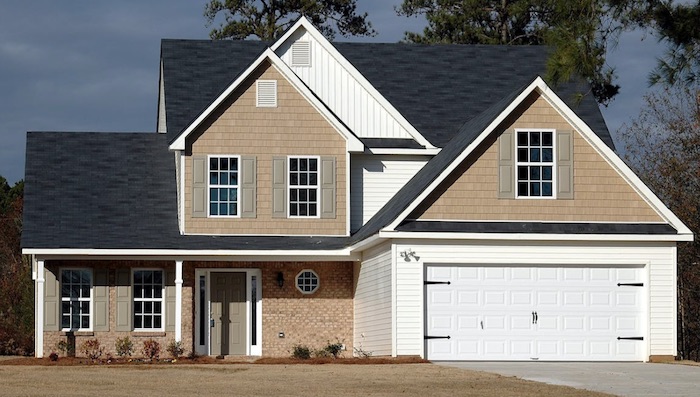
If passed, S.100 could mean less new, non-luxury single family home construction in Vermont cities and large towns.
By Guy and Timothy Page
Senate legislation that would likely reduce new construction of urban, single-family homes will get its first look in the House in the House General and Housing Committee.
S100, the Senate HOME (“Housing Opportunities Made for Everyone”) bill, expands Act 250 and local zoning housing density in urban areas, but leaves the current restrictive regulations intact in rural areas.
The initial Senate bill would have expanded from 10 to 25 the cap on Act-250 exempt housing developments statewide. However, an amendment by the Senate Natural Resources and Energy Committee removed it.
If passed, S.100 could mean less new, non-luxury single family home construction in Vermont cities and large towns. While the law would not forbid SFH construction, it would require cities to allow developers to construct four and six unit buildings on lots now limited to single buildings. These 4-6 unit developments also would not require commensurate additional parking – an exemption welcomed by planners seeking fewer cars on city streets.
The higher density levels are not accompanied by water quality requirements or funding – much to the dissatisfaction of Lake Champlain water quality advocates who say the lake is already teh victim of stormwater and sewage runoffs.
Vermont Housing Commissioner Josh Hanford told VDC last month that cities and developers would still be free to build SF homes. S100 would just add more choices by forbidding municipalities from enacting one-home zoning, he said.
Vermont’s housing crunch, the desperation to own or rent homes of any kind, and the economies of scale of selling four to six homes in a single building suggest that the urban, non-luxury housing market will rapidly transition from single to multi-family construction.
Homeless Bill of Rights hearing tomorrow – H132, the Homeless Bill of Rights, sponsored by House General and Housing Chair Tom Stevens, will be reviewed by his committee at 10:30 AM Wednesday.
The bill declares that homeless people have the same rights to voting, medical care, employment, and transportation as non-homeless people.
The bill also legalizes public begging, overriding any municipal ordinances: “Notwithstanding any provision of law or of a municipal charter to the contrary, no individual shall be subject to civil or criminal sanctions for soliciting, sharing, accepting, or offering food, drink, money, or other donations in a public place.”
Previous proposed Homeless Bills of Rights foundered on this issue. Business organizations were leery of accommodating street begging that might discourage the quality of life – and quantity of shoppers – in retail districts.
H132, if passed, might also give added legal heft to Vermont’s ‘Housing First’ approach to homelessness. This policy – employed in many large U.S. cities – provides housing without requiring recipients to address substance abuse, mental health problems, weak vocational skills, family chaos, and other causes of homelessness.
Catalytic converter recycling law – Yesterday, state and local police found a man shooting up drugs in a Bradford supermarket restroom. Police then arrested Randy Boyle for fleeing justice on charges of stealing a catalytic converter – a crime that has reached epidemic levels in Vermont and nationwide.
Catalytic converters contain rhodium, a precious metal selling today at $20,250/oz., or 12 times the value of gold ($1,774).
Unlike gold, catalytic converters are easy to steal: just crawl under an SUV (thoughtfully provided a higher clearance than a low-slung coupe) and cut off the converter. It’s then fenced in return for cash, often to buy illegal drugs.
The pricy rhodium is then retrieved from the catalytic converters at scrap metal processing shops. In an effort to stop the crime at the recycling level, Sen. Thomas Chittenden (D-Chittenden) introduced S.48, regulation of catalytic converters.
The bill limits sales of catalytic converters to one per day, and requires a strong paper trail showing a legal transaction. House Commerce & Economic Development will hold a hearing on S.48 Wednesday at 10:45 pm. Metal recycler Tod Wright of Wright Brothers Metal Recycling is scheduled to testify, as are four law enforcement experts.
Guy Page is publisher of the Vermont Daily Chronicle. Reprinted with permission.


